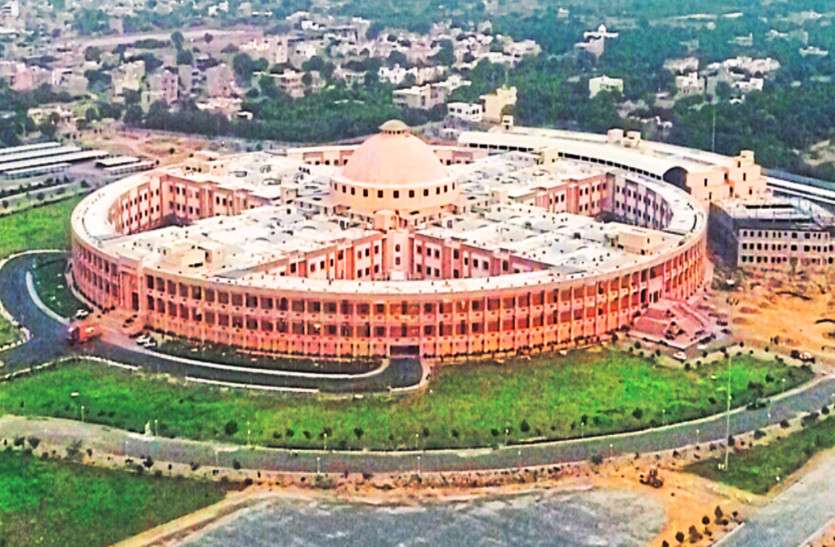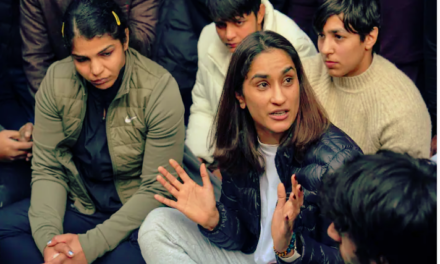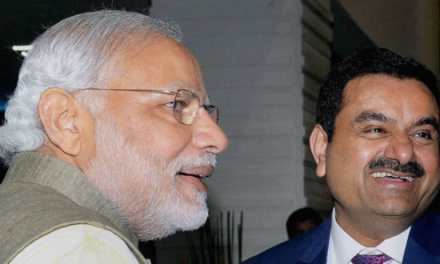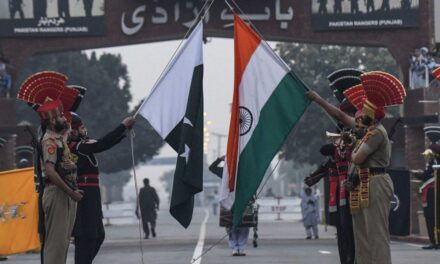The video-conferencing facility has been enforced because of the ongoing nationwide lockdown, which was initially imposed for 21 days on March 25 and then further extended by another 19 days till May 3, to contain the spread of coronavirus disease (Covid-19) outbreak.
In pursuance in a case at Rajasthan High Court the counsel for the petitioner was contacted through video-conferencing. He was found to be wearing a banian (vest).
Upset with what he saw Justice Sanjeev Prakash Sharma issued a order stating The court’s decorum required to be maintained even through video-conferencing
Then the Judge adjourned the case while referring to an earlier instance when it had to similarly caution lawyers to appear in proper uniform after a lawyer appeared in a vest to argue a case on April 7 amid the lockdown restrictions.
Justice Sharma was also on the bench on April 7 when a lawyer’s inappropriate attire had forced a similar adjournment.
The High Court Judge said that the Advocates Act stipulates lawyers to appear before the court in the prescribed dress code and the decorum should be maintained even when it is functioning through a virtual medium.
[splco_quote]The judge then then had ordered the Rajasthan High Court Bar Association to urge lawyers to be dressed appropriately while appearing via video- conferencing. The Bar Association officials had assured compliance with the court’s directions.[/splco_quote]
it is to be noted Section 49(1)(gg) of the Advocates Act empowers the Bar Council of India (BCI) to frame rules prescribing the dress to be worn by advocates after taking into account the climatic conditions.
The BCI has framed rules, which stipulate an advocate to wear a white shirt and long trousers that are black striped, white, or grey teamed up with black open breast coat and gown. They are also required to wear a white band. They can also wear black, white or grey dhoti instead of trousers.









